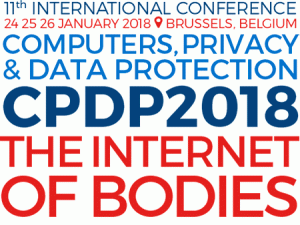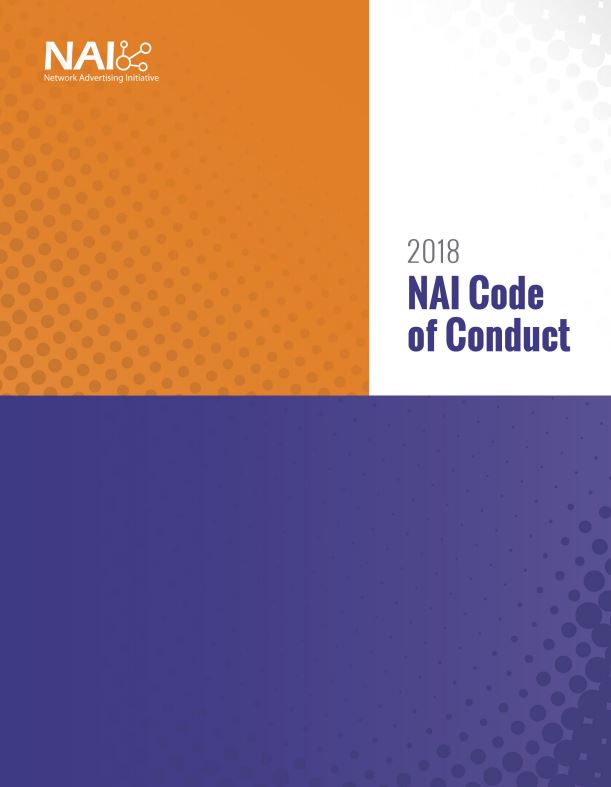
Facebook and Cambridge Analytica: Statement by Jules Polonetsky, FPF CEO
We are pleased to see Facebook’s response, but are looking forward to understanding how to best address the broader issues for all stakeholders. These issues are important to discuss – they are not going away.

Taming The Golem: Challenges of Ethical Algorithmic Decision-Making
This article examines the potential for bias and discrimination in automated algorithmic decision-making. As a group of commentators recently asserted, “[t]he accountability mechanisms and legal standards that govern such decision processes have not kept pace with technology.” Yet this article rejects an approach that depicts every algorithmic process as a “black box” that is inevitably plagued by bias and potential injustice.

Seeing the Big Picture on Smart TVs and Smart Home Tech
CES 2018 brought to light many exciting advancements in consumer technologies. Without a doubt, Smart TVs, Smart Homes, and voice assistants were dominant: LG has a TV that rolls up like a poster; Philips introduced a Google Assistant-enabled TV is designed for the kitchen; and Samsung revealed its new line of refrigerators, TVs, and other home devices powered by Bixby, their intelligent voice assistant.

From cross-border transfers to privacy engineering, check out all panels and events FPF will be a part of at CPDP2018
Computers Privacy and Data Protection conference (CPDP) kicks off this week in Brussels, and the theme this year is “The Internet of Bodies”. The conference will gather 400 speakers for 80 panels to set the stage for the privacy and data protection conversation in Europe for 2018. And this is such an important year for data protection – not only the General Data Protection Regulation becomes applicable in May, but also the text of the new ePrivacy Regulation will likely be finalized.

NAI Combines Web, Mobile, and Cross-Device Tracking Rules for 2018
The Network Advertising Initiative (NAI) released its 2018 Code of Conduct yesterday, consolidating the rules for online and mobile behavioral advertising (interest-based advertising). NAI, a non-profit organization in Washington, DC, is the leading self-regulatory association for digital advertising, with over 100 members and a formalized internal review mechanism.

The Top 10: Student Privacy News (October-November 2017)
The Future of Privacy Forum tracks student privacy news very closely, and shares relevant news stories with our newsletter subscribers. Approximately every month, we post “The Top 10,” a blog with our top student privacy stories.

Law Enforcement Access to Student Records: What Is the Law?
Today, the Future of Privacy Forum (FPF) released “Law Enforcement Access to Student Records: A Guide for School Administrators & Ed Tech Service Providers,” written by Amelia Vance and Sarah Williamson. This guide helps to answer some of the basic questions that we have heard from key stakeholders about law enforcement access to data over the past nine months.

WannaCry About Backdoors
There are many lessons to learn from the spread of the WannaCry ransomware attacks across the globe. One lesson that needs more attention is the danger that exists when a government attempts to create mandatory backdoors into computer software and systems.

Privacy Scholarship Research Reporter: Issue 1, May 2017 – Algorithms: Privacy Risk and Accountability
Notes from FPF Through academic, policy, and industry circles, making progress on the cluster of issues related to algorithmic accountability has become a leading priority. The inaugural issue of the Future of Privacy Forum’s Privacy Scholarship Reporter provides a clear and compelling look into some of the most worrisome problems and promising solutions. Although not […]

The Top 10: Student Privacy News (Feb-March 2017)
The Future of Privacy Forum tracks student privacy news very closely, and shares relevant news stories with our newsletter subscribers.* Approximately every month, we post “The Top 10,” a blog with our top student privacy stories. New America has released an ethical framework to help colleges use predictive analytics to benefit students (this report follows their previous report […]
